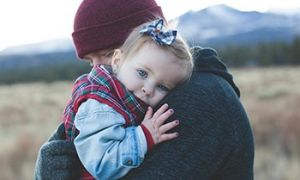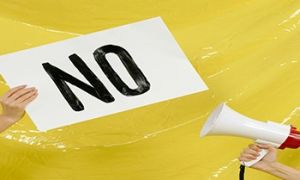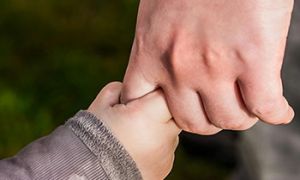

After, making the switch to the new child care subsidy systems, FDC Educators have raised frustration over software issues that have led to delay in pays or incorrect remuneration.
It is now mandatory for Educators in Victoria to report suspicions of sexual abuse as part of Victoria's government's response to the child sex abuse royal commision.
The spread of certain infectious diseases can be reduced by excluding the child or Educator, known to be infectious, from contact with others who are at risk of catching the infection. The following information details the recommended exclusion periods for infectious diseases. These are based on how long a child/educator with a specific disease is likely to be infectious and to be excluded from the service until they have passed the exclusion period and well enough to return.
Whether you are reflecting on yourself or reflecting on others, reflective practices provide you with an opportunity to learn and draw open diverse knowledge, views, experiences, views and attitudes within yourself and others.
While reflecting it forces us to analyse different aspects of experiences we offer to make judgements in what should be repeated, extended or changed. This enables us to develop and extend on children’s learning and build upon their knowledge and skills.
Reflecting is not only about what happened and why. It also guides our decision making. It forces us to analyse different aspects of experiences we offer to make judgements in what should be repeated, extended or changed.
Reflections are observing, listening, thinking deeply about the meaning of what you have observed and heard, and using that information to inform your practice and continually respond and reflect.
Reflections are an ongoing occurrence that enables us, educators, to think honestly about our professional practice and ideas. It challenges us to take a step back to analyse our personal experiences to enhance learning and speculate upon the future and act.
Reflective practice is learning from everyday situations and issues and concerns that arise which form part of our daily routine while working in an early childhood setting.
A reflection allows us to analyze our experiences, make changes based on our mistakes, keep doing what is successful, and build upon our knowledge.
 Here is the list of the EYLF Learning Outcomes that you can use as a guide or reference for your documentation and planning. The EYLF… Read More
Here is the list of the EYLF Learning Outcomes that you can use as a guide or reference for your documentation and planning. The EYLF… Read More
 The EYLF is a guide which consists of Principles, Practices and 5 main Learning Outcomes along with each of their sub outcomes, based on identity,… Read More
The EYLF is a guide which consists of Principles, Practices and 5 main Learning Outcomes along with each of their sub outcomes, based on identity,… Read More
 This is a guide on How to Write a Learning Story. It provides information on What Is A Learning Story, Writing A Learning Story, Sample… Read More
This is a guide on How to Write a Learning Story. It provides information on What Is A Learning Story, Writing A Learning Story, Sample… Read More
 One of the most important types of documentation methods that educators needs to be familiar with are “observations”. Observations are crucial for all early childhood… Read More
One of the most important types of documentation methods that educators needs to be familiar with are “observations”. Observations are crucial for all early childhood… Read More
 To support children achieve learning outcomes from the EYLF Framework, the following list gives educators examples of how to promote children's learning in each individual… Read More
To support children achieve learning outcomes from the EYLF Framework, the following list gives educators examples of how to promote children's learning in each individual… Read More
 Reflective practice is learning from everyday situations and issues and concerns that arise which form part of our daily routine while working in an early… Read More
Reflective practice is learning from everyday situations and issues and concerns that arise which form part of our daily routine while working in an early… Read More
 Within Australia, Programming and Planning is reflected and supported by the Early Years Learning Framework. Educators within early childhood settings, use the EYLF to guide… Read More
Within Australia, Programming and Planning is reflected and supported by the Early Years Learning Framework. Educators within early childhood settings, use the EYLF to guide… Read More
 When observing children, it's important that we use a range of different observation methods from running records, learning stories to photographs and work samples. Using… Read More
When observing children, it's important that we use a range of different observation methods from running records, learning stories to photographs and work samples. Using… Read More
 This is a guide for educators on what to observe under each sub learning outcome from the EYLF Framework, when a child is engaged in… Read More
This is a guide for educators on what to observe under each sub learning outcome from the EYLF Framework, when a child is engaged in… Read More
 The Early Years Learning Framework describes the curriculum as “all the interactions, experiences, activities, routines and events, planned and unplanned, that occur in an environment… Read More
The Early Years Learning Framework describes the curriculum as “all the interactions, experiences, activities, routines and events, planned and unplanned, that occur in an environment… Read More

Father’s Day is on the 7th of September 2025; it's time to start thinking of...
See more...
In early childhood settings, the word “no” carries weight. It can signal safety, set boundaries...
See more...
In early childhood education and care, ratios are more than a technicality—they are a frontline...
See more...© 2009-2025 Aussie Childcare Network Pty Ltd. All Rights Reserved.

